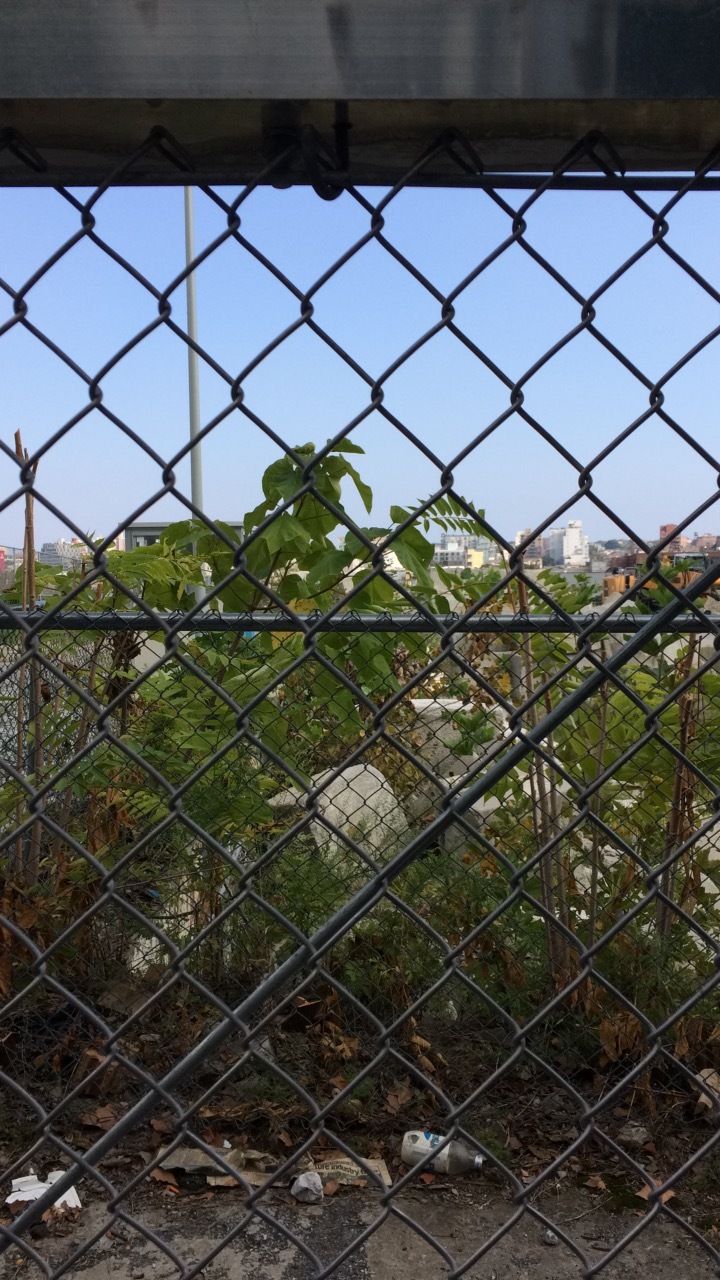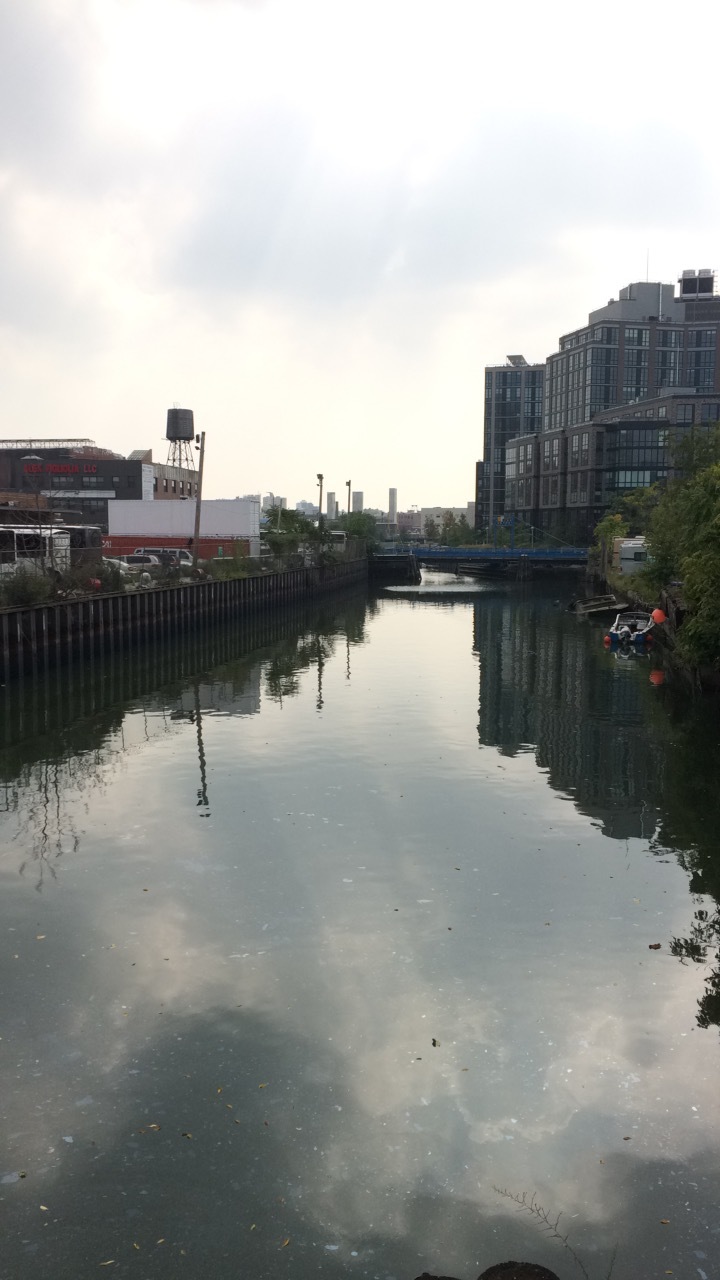We're beyond thrilled to unveil the cover of Anca L. Szilágyi's debut novel, DAUGHTERS OF THE AIR, which is being released on December 5. Preorders available NOW!
We asked Anca to share a few words about the inspiration behind this design:
I've been a fan of Nichole DeMent's work since I first encountered it in 2013. I knew right away that the moody, mythic imagery of her Oracle series fit the atmosphere of Daughters of the Air. In the years prior, I'd used paintings as prompts to finish a first draft of the novel, putting Dover art stickers into notebooks and writing whatever came from them. There was a lot of groping around in the dark for a long time, but I gradually learned which artists generated ideas for me, and more specifically, which artists seemed to generate ideas for which characters: Chagall aligned with Daniel, the father; Modigliani aligned with Isabel, the mother; and Kandinsky aligned with Pluta. Eventually, though, the story as a whole suggested its own aesthetic.
I adore the cover image, "Bird Moon"; it makes me think of wandering through tall, crackly grasses on a summer night, listening to the rattle and click of flying creatures. It also reminds me of a particular, pivotal scene in the book that is wild with possibility, both dangerous and transformative. I'm grateful to Nichole for letting us use this gorgeous piece!
"Bird Moon" image by Nichole DeMent. Design by Michael Norcross.













